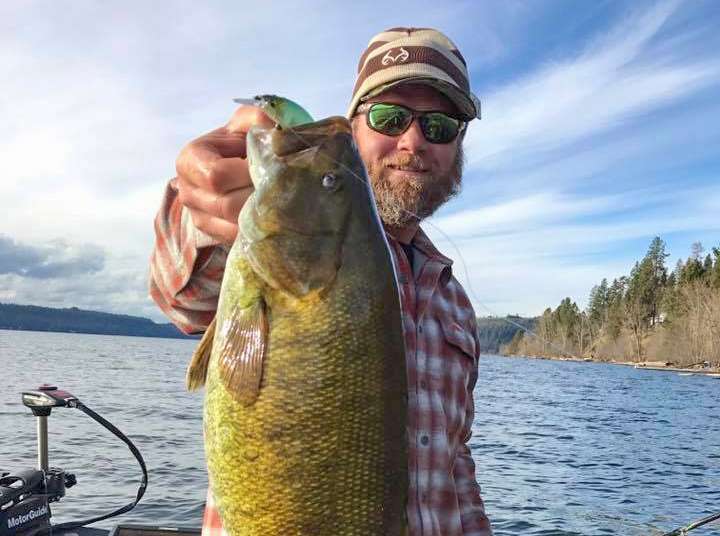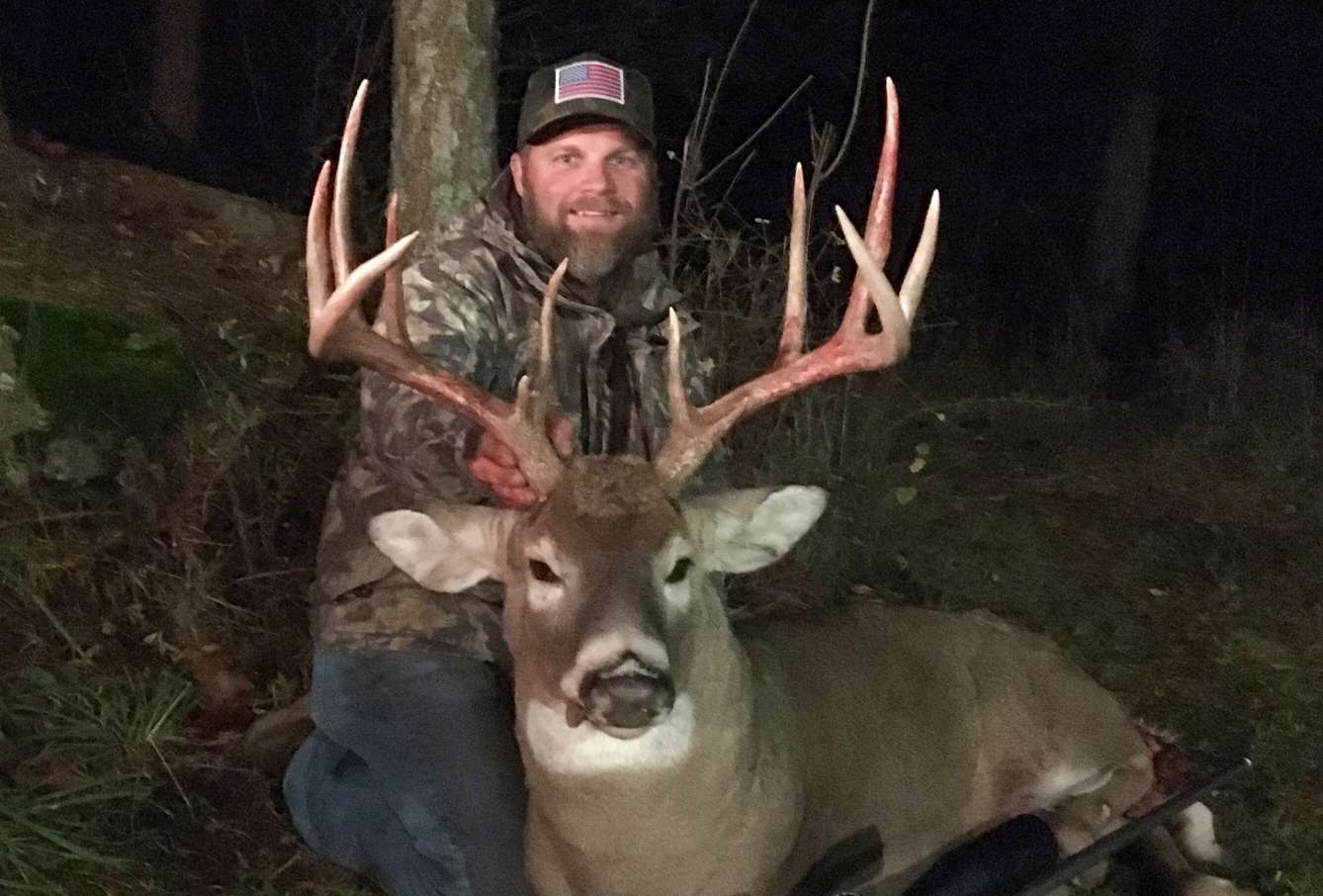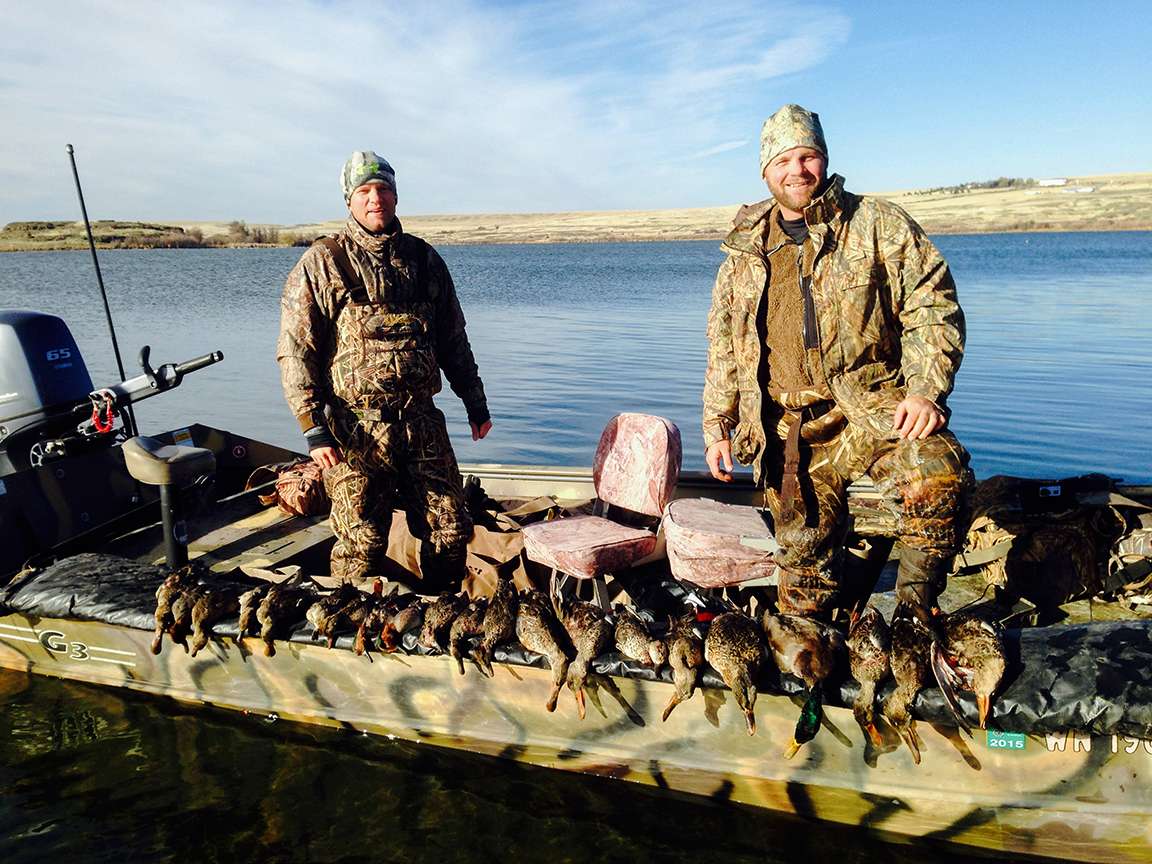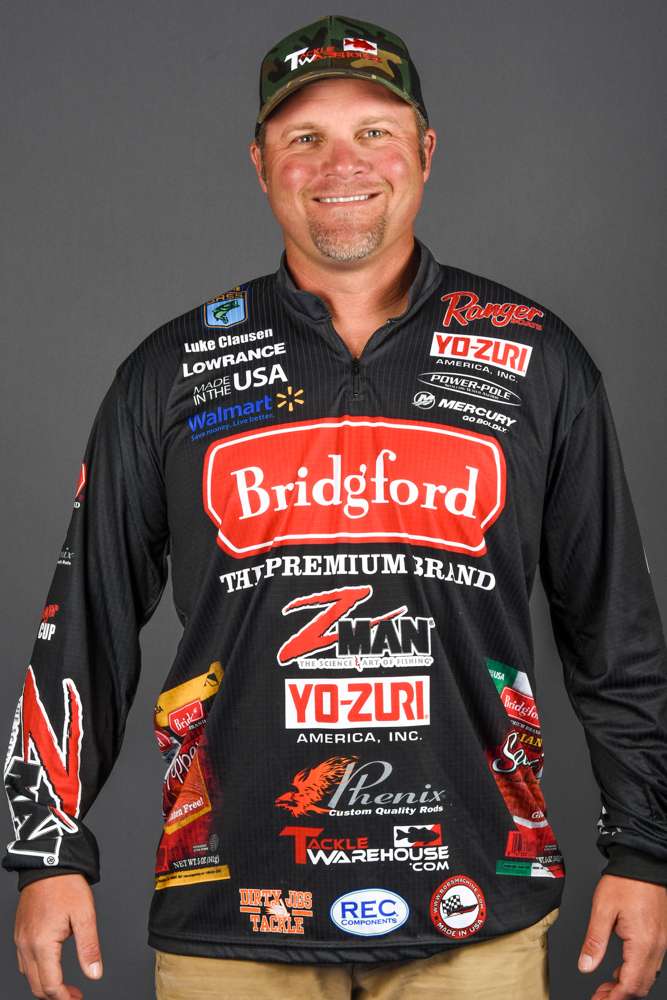
It seems like the offseason flies by faster and faster every year, but this is a crucial time of year for one big reason: recharging your batteries. And not the ones on your bass boat.
Everybody has a different way to hit the “reset” button between long, grueling tournament seasons. And while the offseason isn’t technically as “off” as some might think – sponsor contracts and obligations are a full-time job – the late fall/early winter time frame is a time to rest up and get yourself physically and mentally ready for the coming season.
My offseason this year has been extremely different than the previous year. Going into my first season on the Elites in 2016, I felt like I needed to spend more time doing research, fiddling with tackle, and just generally talking more about fishing than I had in the past. I studied a lot of maps and did a lot of reading.
But in looking back over the course of my career, some of my very best years have come when I’ve been extremely removed from fishing in the offseason (other than the business side of it).
So for me, this offseason has been about going back to the way it was before: I’ve spent a lot of time hunting and fun-fishing with friends.

The key word there is “fun.” It’s pressure free. Living where I do in Washington, I have a lot of friends who love to fish for salmon, smallmouth and walleye. I did a lot of that this fall. On those fun-fishing days, I spent a lot of time sitting in the bottom of the boat, fiddling with baits and just generally getting a kick out of watching my buddies catch fish.
I’ve spent way more time in a deer blind this year than I did last year, too. And I’m about to spend some more time in a duck blind before our waterfowl season ends in late January.
Here’s the thing about hunting: I feel like it keeps you in tune with nature. When you’re out there every day trying to outwit a wild animal – whether it walks, swims or flies – it just makes your instincts better. And believe it or not, I think the decision-making I do when I’m deer hunting or duck hunting is pretty similar to the decision-making I’ll do during a bass tournament.
For example, I’m constantly trying to figure out what deer might do on a given day – I’ll have a dozen cameras and stands out, and I’m always pulling down stands and trying to anticipate the best places to set up, depending on the conditions.
It’s snowing and overcast today? Then, I want to be in a more open area where bucks may be chasing does; that’ll change tomorrow, when it’s partly sunny and there’s more light penetration. It’s a constant game of trying to think two or three steps ahead.
Just like a bass tournament.
And, also just like a bass tournament, a lot of times when I think I’ve figured something out in my head, I’m proven wrong and I end up going with my gut.
I can come up with a dozen examples where I’ve tried to analyze travel routes for deer and come up with what I considered the perfect plan. More often than not, whenever I do that, I’m dead wrong and I end up relying on my instincts. It’s always a lot of trial and error, but I find that following your gut is the smartest decision you can ever make.
Now apply that to fishing.
Last year I spent most of my offseason researching the St. Johns River, Winyah Bay, etc. – I went into the 2016 season with all this information in my head about how and where tournaments had been won on Cayuga Lake and Toledo Bend, and I can’t say that any of that data helped me at all. I found myself over-thinking and not relying on the kind of instincts that helped me win a Bassmaster Classic and a Forrest Wood Cup.
It won’t be long before I’m sitting in my shop for eight hours a day, digging through boxes and going through tackle for the 2017 season. Before I go “all in” on that, though, there’s still time to do a little more of the offseason prep I like the best.
I’ll see you out in the woods!


